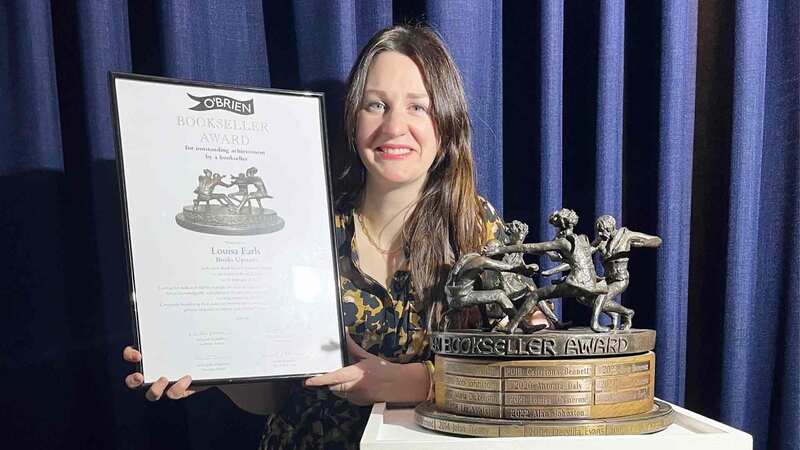You are viewing your 1 free article this month. Login to read more articles.
Channel conflict and POD discussed at New York's BISG meeting
“What a difference a year makes,” said Book Industry Study Group (BISG) chair Maureen McMahon, president of Kaplan Publishing, convening its annual general meeting (a.g.m.) in New York on 25th September. The umbrella organisation had been deeply in the red – $239,000 in the 2015 fiscal year – and worried about its future.
Now executive director Brian O’Leary, 12 months into the job, has with the board helped stem that red tide – full year projection for 2017 is $65,000 in the black. The staff has slimmed down, and so will the board in mid-2018. An upbeat meeting was anchored in four panels on the state of the supply-chain in publishing; distribution; retailing; rights, metadata, and marketing.
Channel conflict and print-on-demand (POD) were widely aired issues in the publishing panel. While Brooke Warner, publisher of SheWrites Press, saw “Amazon refusing to take accountability” for third parties selling review copies as new books and accessing buy buttons that enable these parties to be the first option that consumers see, Michael Selleck, executive v-p for sales and marketing at S&S, said Amazon was a conduit, “not the problem’s source.” Selleck advised publishers to “follow the thread” and “do the legwork” to find where sources are based - in remainders; offshore; elsewhere - and take action.
Warner also pointed to the “stigma” that small presses face for using POD. The message in the marketplace seems to be that POD equals self-published and “less desirable.” Peter Berkery, executive director of the Association of American University Presses, saw that notion as “provocative but not incorrect,” and pointed to similar issues with monographs. The university press sector “has to find a new business model in less than a decade.”
Yet in the retailing panel later on, Cy Fenton, chief information officer of Books-a-Million, saw “no stigma” in POD, and is a proponent of the Espresso Book Machine. The main challenge there is “not enough titles that matter are on Espresso – you’d need 150,000.”
Selleck’s supply-chain wish was for deeper point-of-sale information from Nielsen BookScan, drilling down title-by-title into where market share is coming from as the independent sector gets stronger; he also wants better information on global sales. As if to take one step to begin to answer that call, NPD’s Jonathan Stolper told the Bookseller that in January BookScan will be introducing a “brand-licensing tracker.”
On the distribution front, senior vice president David Barker of Readerlink, the main US supplier to mass merchandisers and non-trade outlets, said his retailers are increasing shelf space for food and decreasing it for books, and yet wanting Readerlink to do more. The big boxes have seen how independents have flourished by demonstrating expertise, and Barker promised that “within the next six-eight months, mass retailers will be bringing in some changes.”
As for rights, David Hetherington, chief operating officer of Klopotek, emphasized that publishers needed to know the rights that they own and “monetise micro-assets – even down to illustrations.”
When Macmillan Learning chief executive Ken Michaels – this year’s BISG Distinguished Service Award winner – asked him if a North American rights registry was necessary, Hetherington replied, “It’s an idea whose time has come." The challenge is to get publishers to agree on one organisation. Happily, after passing through some tough times, BISG looks poised to help.



















